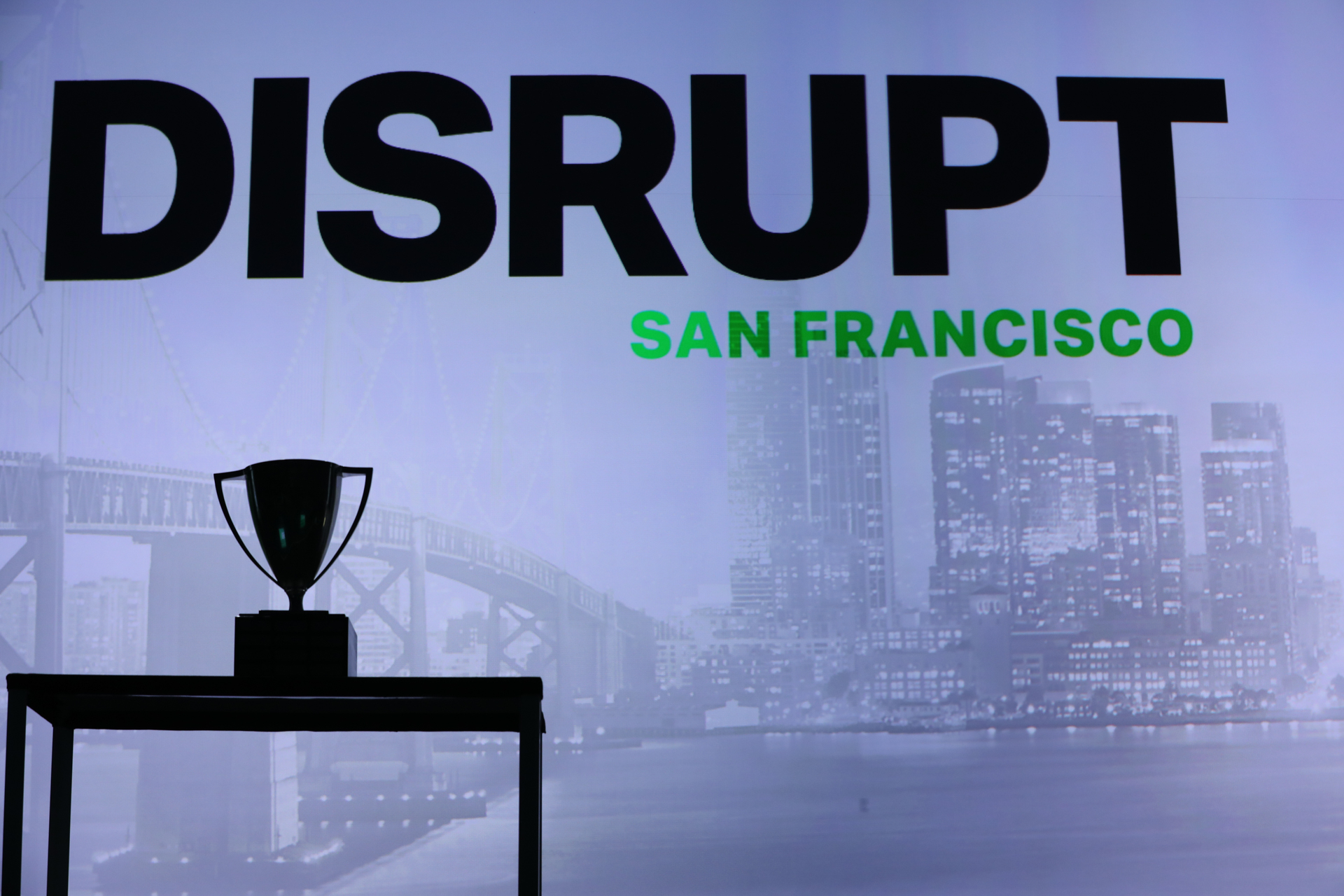Music
Trailers
DailyVideos
India
Pakistan
Afghanistan
Bangladesh
Srilanka
Nepal
Thailand
StockMarket
Business
Technology
Startup
Trending Videos
Coupons
Football
Search
Download App in Playstore
Download App
Best Collections
Technology

Microsoft Windows 10 has gone a long way towards fixing the problems that were endemic with earlier versions of Windows — notably Windows 8. But it's still far from a perfect operating system and has its share of headaches.
3. Fix Start menu woes
(Insider Story)- Details
- Category: Technology
Read more: How to fix six Windows 10 headaches
Write comment (92 Comments)
Enterprise IT groups are at odds with each other—especially at large corporations. IT professionals have few choices available to them in driving their organizations towards solutions that scale and solve for the needs of every IT silo. This leads to the deployment of point solutions managed separately by each group, further driving the silo-fication of IT. Part of the problem is that niche monitoring solutions provide views that are either too acute to be relevant to the larger organization, or too obtuse to be useful in solving niche issues. Each IT domain, be it application, network or infrastructure, tends to be monitored, analyzed and sometimes even remediated via its own runbook. However, these processes are happening per domain and not holistically across the business. Additionally, the increasing TCO pressures, evolving best practices and the dynamic nature of modern IT environments have intensified this fragmentation.
- Details
- Category: Technology
Read more: IDG Contributor Network: Putting an end to IT monitoring sprawl
Write comment (96 Comments)The future of Coinbase looks something like the New York Stock Exchange. Thataccording a vision laid out by CEO Brian Amstrong who was interviewed on stage at TechCrunch Disrupt in San Francisco today.
Coinbase is known for being the most popular exchange for converting fiat currency into crypto — most of the largest traded exchanges are crypto-to-crypto — but he foresees a future in which it plays host to a growing number of cryptocurrenciesas it becomes standard for companies to create their own token, which runs alongside equity as an alternative investment system.
&It makes sense that any company out there who has a cap table… should have their own token.Every open source project, every charity, potentially every fund or these new types of decentralized organizations [and] apps, they&re all going to have their own tokens,&Armstrong said.
&We want to be the bridge all over the world where people come andthey take fiat currency and they can get it into these different cryptocurrencies,& he added.
That tokenized future could see Coinbase host hundreds of tokens within &years& and even potentially &millions& in the future, according to Armstrong. Thata big jump on the five cryptocurrencies that it currently supports today, and it would make it way larger than financial institutions like the New York Stock Exchange, which is actually a Coinbase investor and is getting into Bitcoin, or the NASDAQ.
One of the critical pieces of making this vision a reality is, of course, regulation. This week at Disrupt, others in crypto space have argued that a lack of clarity around crypto regulation is costing the U.S. as innovation and startups are being developed in overseas markets. As the founder of a U.S.-based crypto startup that is valued at over $1 billion and is hiring hard,Armstrong doesn&t subscribe to that thesis but he did admit that there is &a big open question& over whether the majority of thenew rush of tokens he foresees will be securities or not.
Still, Coinbase has made moves to add security tokens to its portfolio with the acquisition of a securities dealer earlier this year.
&We do feel a substantial subset of these tokens will be securities,& he said. &Our approach has always been to be the most trusted [exchange] and the easiest to use. So we want to be the legal compliant place where you can start to trade these tokens that are classified as securities.&
&Web 1.0 was about publishing information, web 2.0 was about interaction and web 3.0 is going to be about value transfer on the internet because now the web has this native currency and so applications can be built that instantly tap into this global economy on the internet,& Armstrong added.
How international can crypto become The Coinbase CEO thinks that the total number of people in the crypto ecosystem can reach one billion within the next five years, up from around 40 million today.
You can watch the full video from Armstronginterview below.
Note: The author owns a small amount of cryptocurrency. Enough to gain an understanding, not enough to change a life.
- Details
- Category: Technology
Read more: Coinbase plots to become the New York Stock Exchange of crypto securities
Write comment (91 Comments)Brian Armstrong, the CEO of cryptocurrency trading platform Coinbase, wants to take his company public — maybe on the blockchain.
Onstage at TechCrunch Disrupt SF 2018, Armstrong dished on his ambitions for the future of Coinbase.
&We are self-sustaining,& Armstrong said. &You know, we&ve been profitable for quite a while. We don&t have any plans to raise additional capital at this point, but never say never … Someday I&d love to run a public company.&
Armstrong didn&t rule out going public on the blockchain. He said heeven considered going public on his own platform.
&I think it would be very on mission for us to do that because, of course, we are creating an open financial system,& he said. &Companies could list their stock, which are really tokens, and instead of a cap table, you tokenize the cap table. But I don&t have any decisions on that to share at the moment.&
An innovative exit would be very on-brand for Coinbase. As one of the earliest players in crypto-mania, the company has certainly had to make things up as it goes. Itworked, as Armstrong said; the company is profitable and was the first-ever cryptocurrency startup to garner a billion-dollar valuation.
Founded in 2012, Coinbase is backed by IVP, Spark Capital, Greylock Partners, Battery Ventures, Section 32, Draper Associates and more. The company was valued at $1.6 billion in August 2017 with a $100 million Series D last year.The financing was reportedly the largest-ever for a crypto startup.
Watch the full interview with Brian Armstrong below.
- Details
- Category: Technology
Read more: Coinbase’s Brian Armstrong: ‘I’d love to run a public company’
Write comment (95 Comments)At the very beginning, there were 21 startups. After three days of incredibly fierce competition, we now have a winner.
Startups participating in the Startup Battlefield have all been hand-picked to participate in our highly competitive startup competition. They all presented in front of multiple groups of VCs and tech leaders serving as judges for a chance to win $100,000 and the coveted Disrupt Cup.
After hours of deliberations, TechCrunch editors pored over the judges& notes and narrowed the list down to five finalists: CB Therapeutics, Forethought, Mira, Origami Labs and Unbound.
These startups made their way to the finale to demo in front of our final panel of judges, which included: Cyan Banister (Founders Fund), Roelof Botha (Sequoia Capital), Jeff Clavier (Uncork Capital), Kirsten Green (Forerunner Ventures), Aileen Lee (Cowboy Ventures) and Matthew Panzarino (TechCrunch).
And now, meet the Startup Battlefield winner of TechCrunch Disrupt SF 2018.
Winner: Forethought
Forethought has a modern vision for enterprise search that uses AI to surface the content that matters most in the context of work. Its first use case involves customer service, but it has a broader ambition to work across the enterprise.
Read more about Forethought in our separate post.
Runner-Up: Unbound
Unbound makes fashion-forward vibrators, and their latest is the Palma. The new device masquerades as a ring, offers multiple speeds, and is completely waterproof. And the team plans to add accelerometer features.
Read more about Unbound in our separate post.

- Details
- Category: Technology
Read more: And the winner of Startup Battlefield at Disrupt SF 2018 is… Forethought
Write comment (90 Comments)Circumventing the Google Play store wasn&t exactly a gamble for Epic, given the fact that Fortnite is essentially a license to print money. But even by its own standards, the game is posting some impressive numbers three weeks after hitting Android.
In a blog post this week, Epic noted that the wildly popular sandbox survival game hit 23 million players on Googlemobile operating system, spread out across 15 million APK installs. Those numbers are arriving 21 days after the title launched on the OS.
This, like every other piece of Fortnite news, means big bucks for Epic. Thatespecially the case here, however, given that the launch means the gaming company is cutting Google30 percent take out of the equation.
Along with the numbers, Epic also highlighted some of its efforts to tackle potential malware threats — an added issue given that the game isn&t distributed through Googleofficial channel.
&So far, Epic has instigated action on 47 unauthorized &Fortnite for Android& websites,& the company writes, &many of which appear to be run by the same bad actors. We continue to police the situation with a goal of taking them offline, or restricting access by leveraging Epicconnection to a network of anti-fraud partners.&
- Details
- Category: Technology
Read more: Fortnite hits 15 million installs on Android
Write comment (92 Comments)Page 4232 of 5614

 15
15





